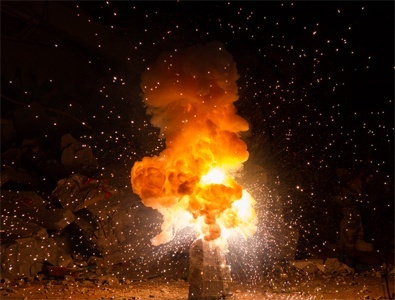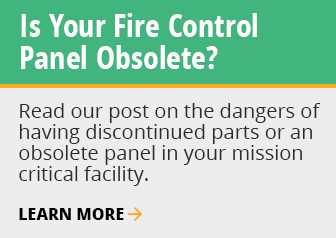What is the Law Regarding Water-Based Fire Protection Inspection?
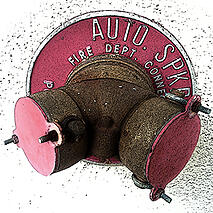
The National Fire Protection Agency (NFPA) has developed a compliance baseline for testing, inspection and maintenance of water-based fire protection systems, referred to as NFPA 25; where periodic inspection, testing and maintenance of water-based fire protection systems are governed, it states, "The purpose of compliance testing is to ensure fast, effective response in case of a fire emergency and avoid sprinkler system failures." NFPA 25 also includes requirements for standpipe systems, hose outlets, fire pumps, sprinklers, fire service piping and valves are also provided for standpipe systems including hose outlets, fire pumps, sprinklers, fire service piping and valves, along with criteria for system impairment handling and reporting. The NFPA is part of the 2003 and 2006 International Building Code that has been adopted into law in 46 states, excluding Hawaii, Massachusetts, Mississippi, and Missouri. This law states that any change, including rearranging of office space or installing additional storage capability, requires the evaluation of a qualified contractor, consultant, or engineer.
The Code states that periodic inspections, tests and maintenance should be performed to show that fire protection systems are in good, operating condition, or any defects or impairments shall be revealed. All inspection, testing and maintenance should be implemented in accordance with procedures meeting or exceeding those established in the NFPA 25 and should also be in accordance with the manufacturer's instructions, local and state requirements, as well as the instructions of the Authority Having Jurisdiction (AHJ). Inspection, testing and maintenance requirements vary for each system, ranging from daily to annual requirements. It is required for all of these tasks to be performed by personnel who have developed competence through training and expertise. For specific guidelines on inspection, testing and maintenance for your specific system, refer to the NFPA 25 codes and standards, or contact your local authorized service provider.
Read also: A Quick Guide to Inspection and Maintenance
How To Determine What Fire Protection Standards Apply to My Business
Fire protection inspection standards and requirements often vary from state to state and county to county. Different municipalities may choose to adopt different versions of the standard, thereby making it law in the specific jurisdiction. Depending on which version or year of the law your state or municipality chooses to adopt, regulations will differ. It is important to contact local and state building commissions for verification of what standards have been adopted by your particular state, city, or county. Utilizing the services of a reputable loss control engineer will also help to ensure optimal protection.
Penalties for Non-Compliance With Fire Code Regulations
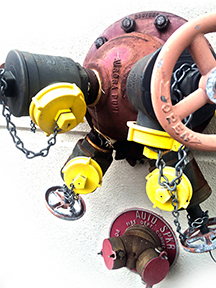
These codes and regulations have been put in place to protect you, your customers, and your business and property. Under local and state laws, businesses must comply with the applicable fire codes to ensure optimum safety. In order to accomplish that goal, enforcement of these codes will be carried out through routine, on-site inspections. During the inspection, fire and rescue personnel will evaluate your business. They will determine if your facility is safe by identifying any areas or processes that could endanger life or property as a result of a fire. If hazardous or dangerous conditions are determined to exist, fire and rescue personnel will advise the business immediately and consult with the owner or manager regarding the correction of these problems. Recommendations will be made to each business regarding the correction of the issues in a reasonable time frame so that the business will ultimately emerge as a safer workplace and one that is compliance with fire codes.
Several inspections will be made in an effort to gain compliance, for which appropriate fees will be applied. If compliance is still not met, inspectors may then implement enforcement along with penalties. Penalties range from $50 to $200 per violation per day depending on the severity of the violation, until the violation is corrected. If violations are still not corrected, the business may then face charges filed by the County District Attorney's Office.
Livingstone College in Salisbury, North Carolina was a victim of those severe penalties due to fire code violations that accumulated to over 1,000 individual citations and more than $63,000 in fines, the most ever seen in the city's history. After several months of wrangling with officials and eventual reluctance to comply, violations have been resolved at Livingstone and a greater commitment to fire safety and compliance with up-to-date standards is now in place.
A property developer in Rochester was slapped with a harsh, $100,000 fine after pipes burst last month at a newly vacant mall containing only one functioning retail store. In January, violations were discovered by the fire marshal after flooding of the mall revealed fire code issues involving combustible materials on the property and issues with a fire suppression system. Because this case was considered a matter of public safety, it was made clear that the issues were to be taken care of, or the developer would face further enforcement. In this instance, the fine was ordered to be paid within two weeks.
How to Find Proper Inspection Service for Fire Protection Compliance
Penalties and fines can become a reality where safety is concerned. Countless examples of other businesses, like the ones mentioned above, have been struck with fines, legal ramifications and endless consequences resulting from needed repair and correction of fire code violations. ORR Protection is your business solution to compliance. We educate businesses on fire code and compliance laws for your area, inform you on how to prepare for and pass inspection, and educate businesses on keeping their work environment safe for employees and customers. We also provide the inspection, testing & maintenance necessary to keep all or your fire protection systems up to code and completely compliant, legally and functionally. For more information on how ORR can assist your business in staying compliant with fire code regulations and avoid lofty penalties, click here and a member of our fire protection team will assess your needs and create a plan that enables your business to operate at top capacity with optimal legal compliance.
